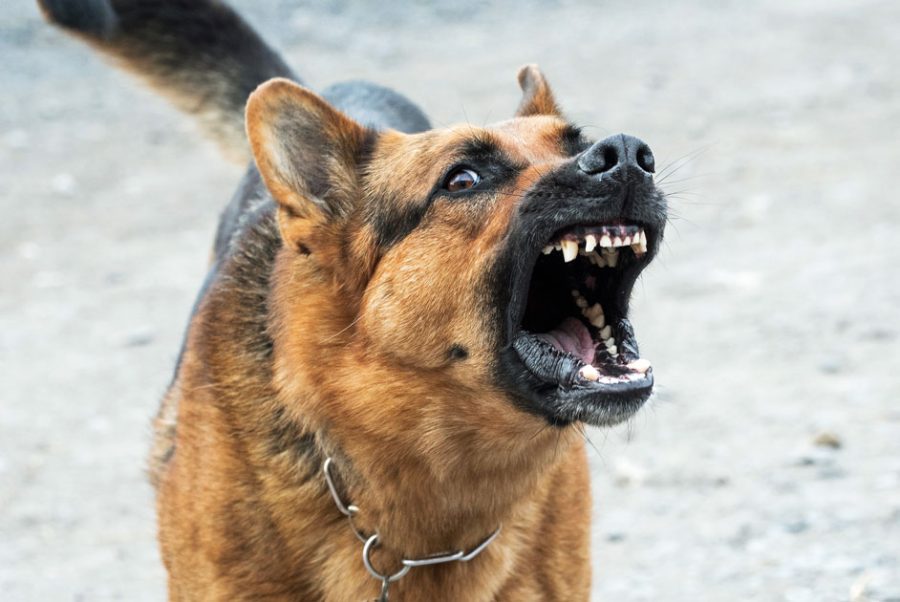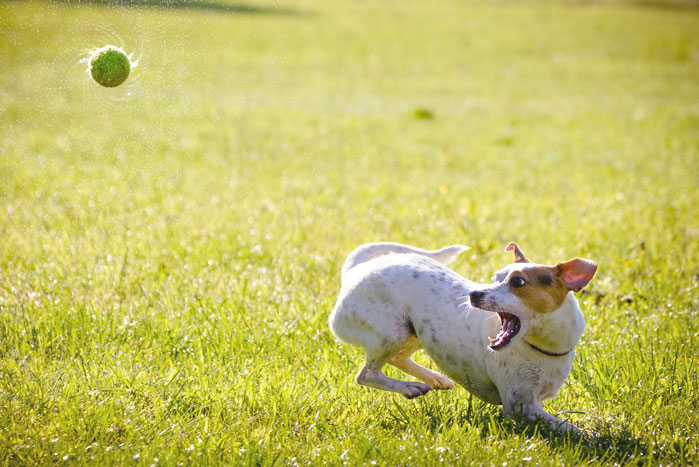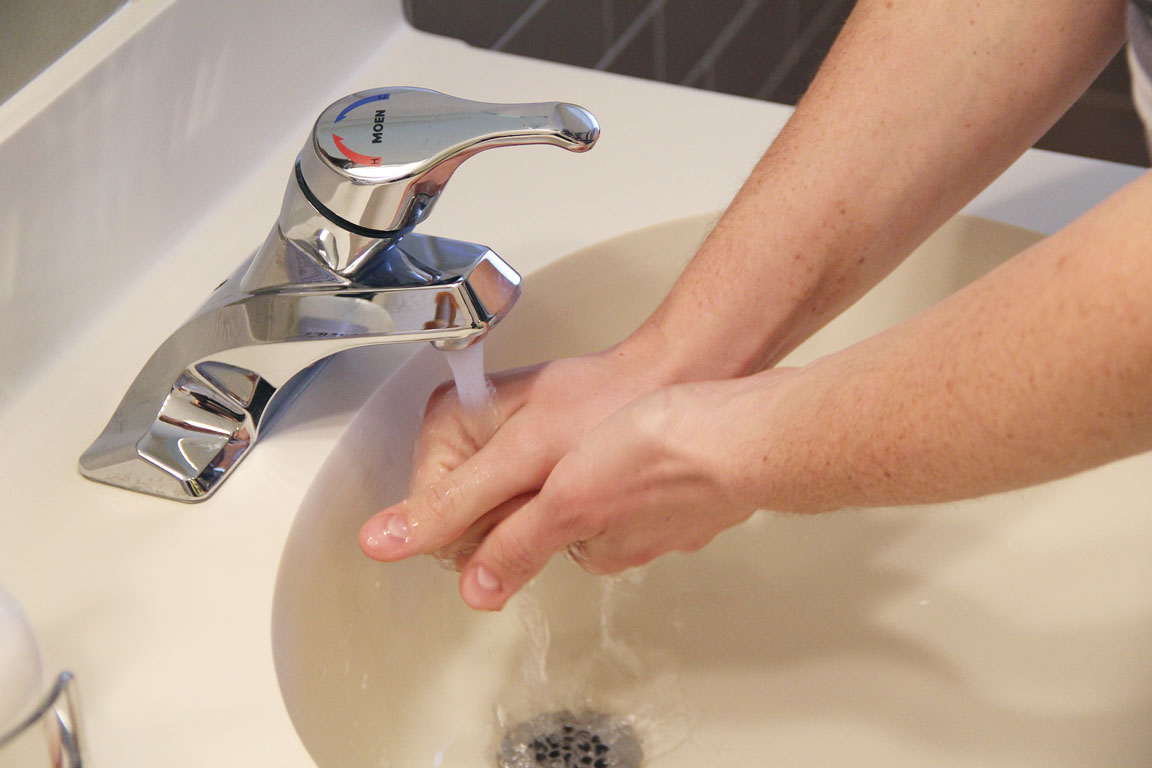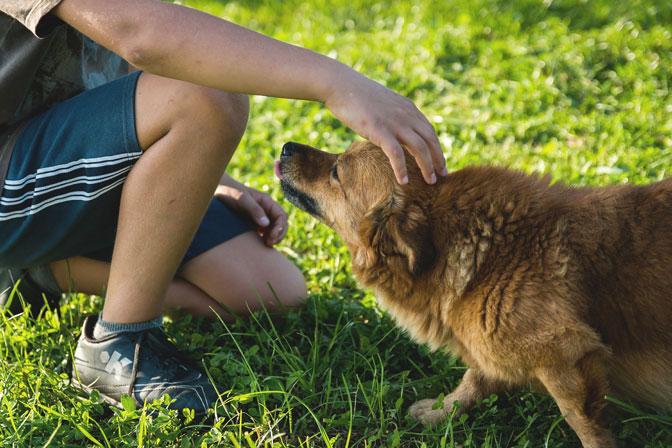Dog Bite Injury Claims Increased 18 Percent in 2016
Nationwide, there were nearly 3,000 more dog bite injury claims in 2016 than in 2015, according to the Insurance Information Institute (I.I.I.). In 2015, victims filed 15,352 dog bite and other dog-related injury claims. In 2016, that number jumped 18 percent to 18,123 claims. Last year’s claims cost more than $600 million and accounted for […]

May 1, 2017
Nationwide, there were nearly 3,000 more dog bite injury claims in 2016 than in 2015, according to the Insurance Information Institute (I.I.I.).
In 2015, victims filed 15,352 dog bite and other dog-related injury claims. In 2016, that number jumped 18 percent to 18,123 claims. Last year’s claims cost more than $600 million and accounted for more than one-third of money spent on homeowners liability claims.
Since 2003, the average cost per dog bite injury claim has increased by more than 70 percent, and the total amount of money paid out in claims nationwide has increased by more than 85 percent. But between 2015 and 2016, the average cost per claim actually decreased by more than 10 percent. In 2015, the average cost per claim rested at $37,214, but in 2016, that number dropped to $33,230.
“The decrease in the 2016 average cost per claim could be attributed to a decrease in severity of injuries,” said I.I.I.’s Vice President of Communications Loretta Worters.
Dog Bite Injury Prevention

Dog owners have a responsibility to make sure their dog is not a threat to friends, family, and passersby. Make sure to take the following precautions:
- If you’re looking to get a dog, pick a dog with a good temperament. This is especially important if you have young children in your household.
- Don’t encourage aggressive behavior in your dog when playing.
- Don’t leave young children alone with a dog.
- Avoid eye contact with a dog if it becomes aggressive, and move away slowly.
- Don’t interrupt a dog that is eating.
- Don’t interfere with a dog that is trying to feed her puppies.
- Approach dogs slowly.
- Give dogs the chance to approach you.
- Don’t approach dogs you don’t know.
Children and men in particular are more likely to be bitten by dogs than any other demographic groups. If you are approached by a dog showing signs of aggression, don’t panic or scream. Keep calm and either stand still or slowly back away.
Treating a Dog Bite Injury

If you are bitten by a dog, it is important to seek medical attention immediately, as injuries could be severe or become infected.
At home following a dog bite injury, WebMD suggests that you:
- Use a clean towel to stop any bleeding
- Keep the injured area elevated
- Clean the bite with soap and water
- Cover the wound in a clean bandage
- Use antibiotic ointment or cream to prevent infection
It’s also a good idea to try to gather as much information as possible on the dog that attacked you, such as whether or not the dog had all of its vaccinations and whether or not the dog attacked because it was provoked. However, if home remedies are not enough to prevent the injury from worsening or becoming infected, you may need to seek professional medical attention.
Who Is Responsible for a Dog Bite Injury?

Indiana code explains that the dog’s owner is responsible for a dog bite injury to another person if:
- The victim was acting peaceably
- The victim was in a location specifically to discharge a duty impressed upon them by Indiana law, federal law, or U.S. postal regulations (for example, a postal worker walking to a person’s front door to deliver mail)
Even if the dog doesn’t have a history of biting or being aggressive, the owner is still liable in the above circumstance.
Of course, if the dog does have a history of attacking people and attacks and injures a person, the dog owner is still liable for the victim’s damages even if the victim isn’t in the location due to some legal obligation. This falls under what is commonly known as the “one-bite” rule, which makes the dog owner liable if he or she knew that the dog was likely to attack or injure someone.
Indiana code also protects victims from dogs that wander onto their property due to the negligence of their owners. A dog owner is required by law to make sure their dog doesn’t leave the owner’s premises unaccompanied. For example, if the owner of a dog fails to secure the dog in their backyard and the dog wanders to the neighbor’s property and bites the neighbor, the owner is still liable even if the dog doesn’t have a history of aggression.
If you have been severely injured by a dog and are having trouble getting your medical bills paid for, contact an Indiana dog bite injury attorney.